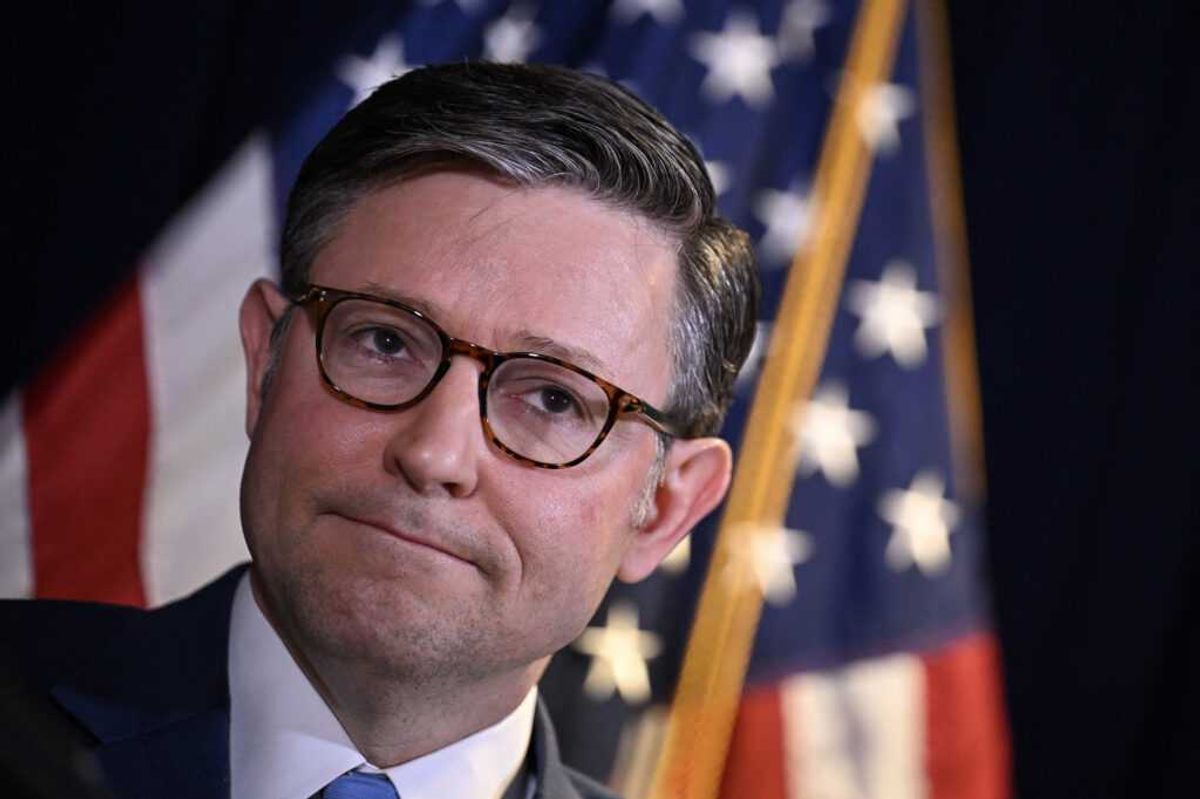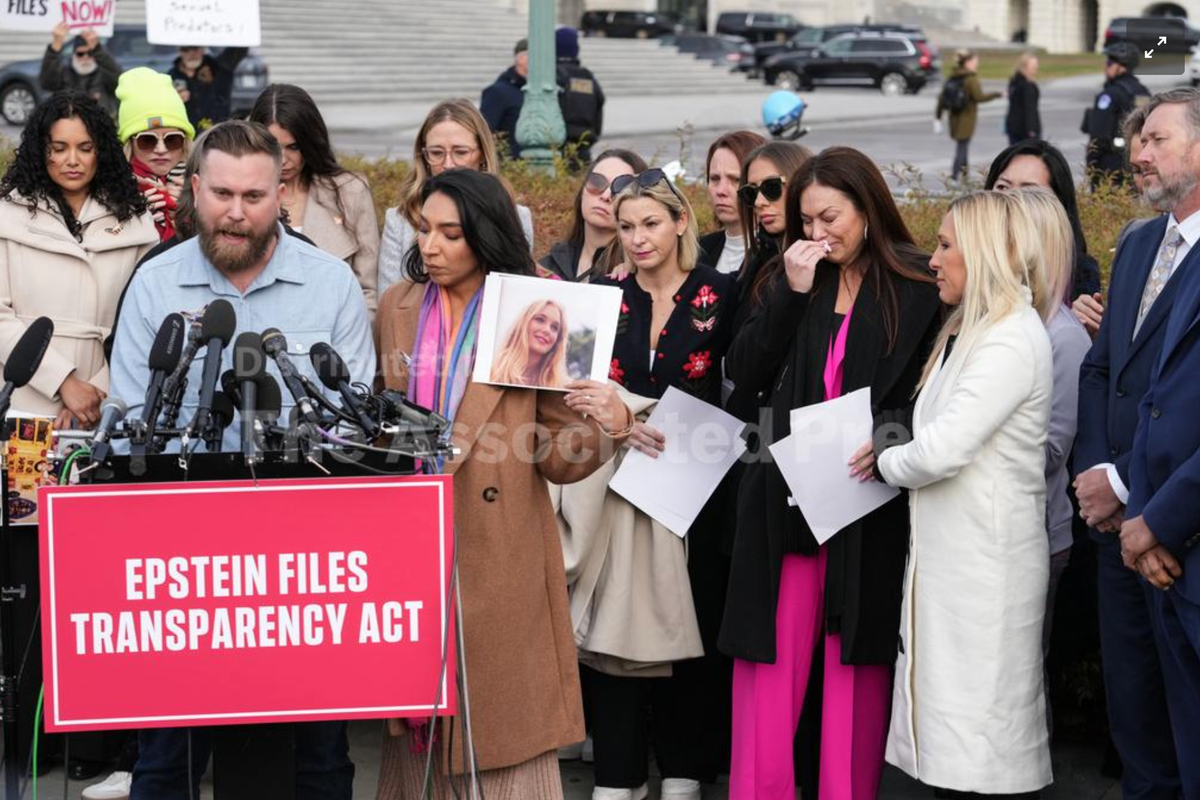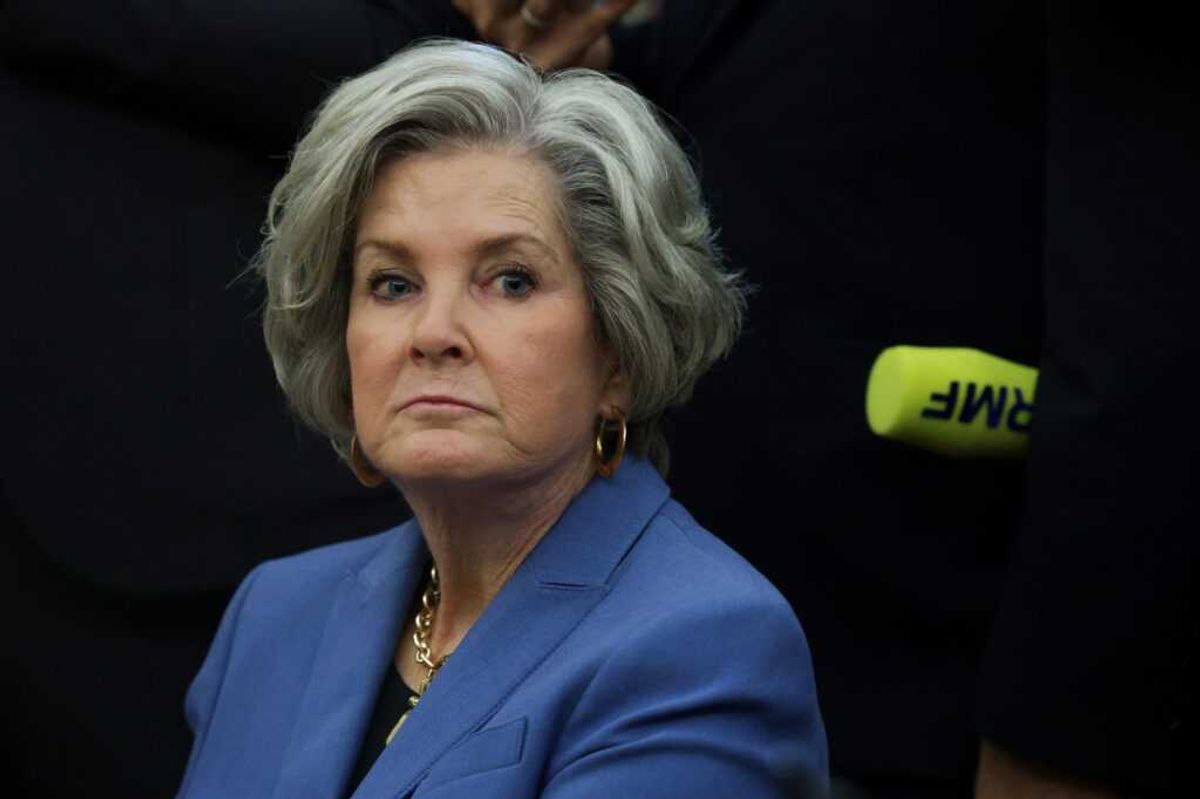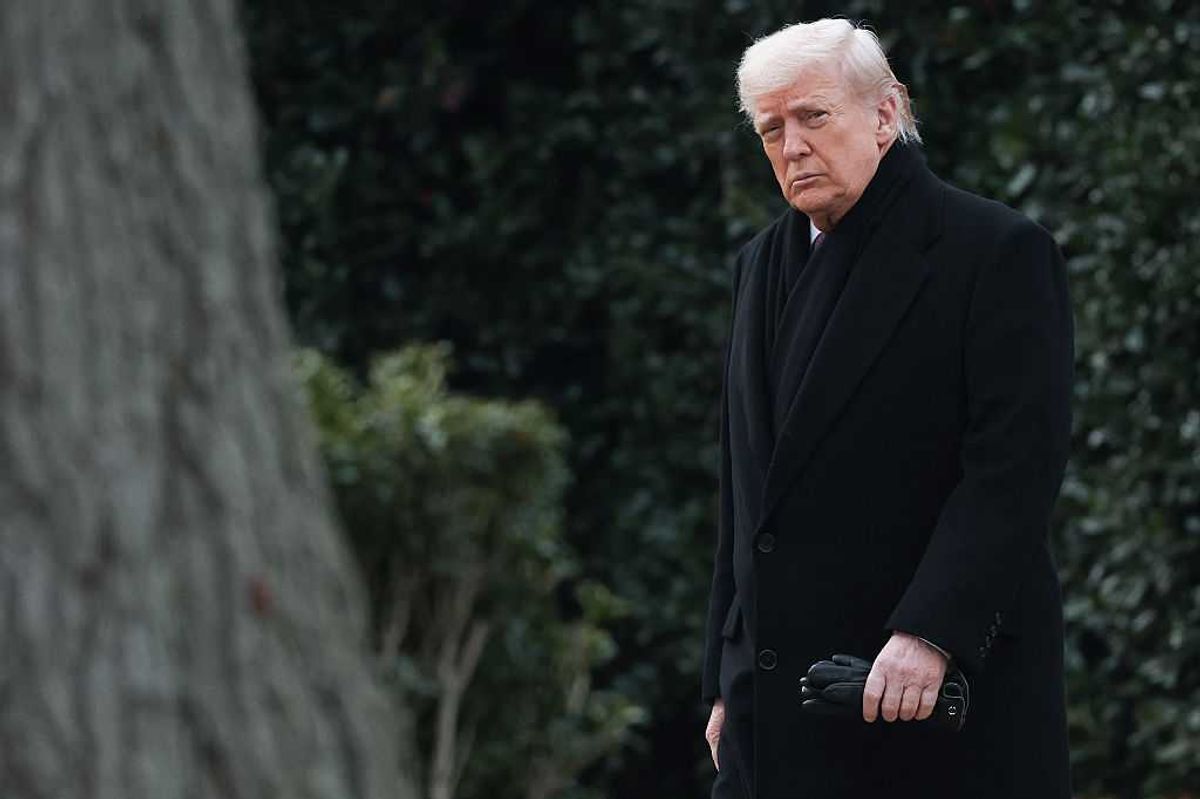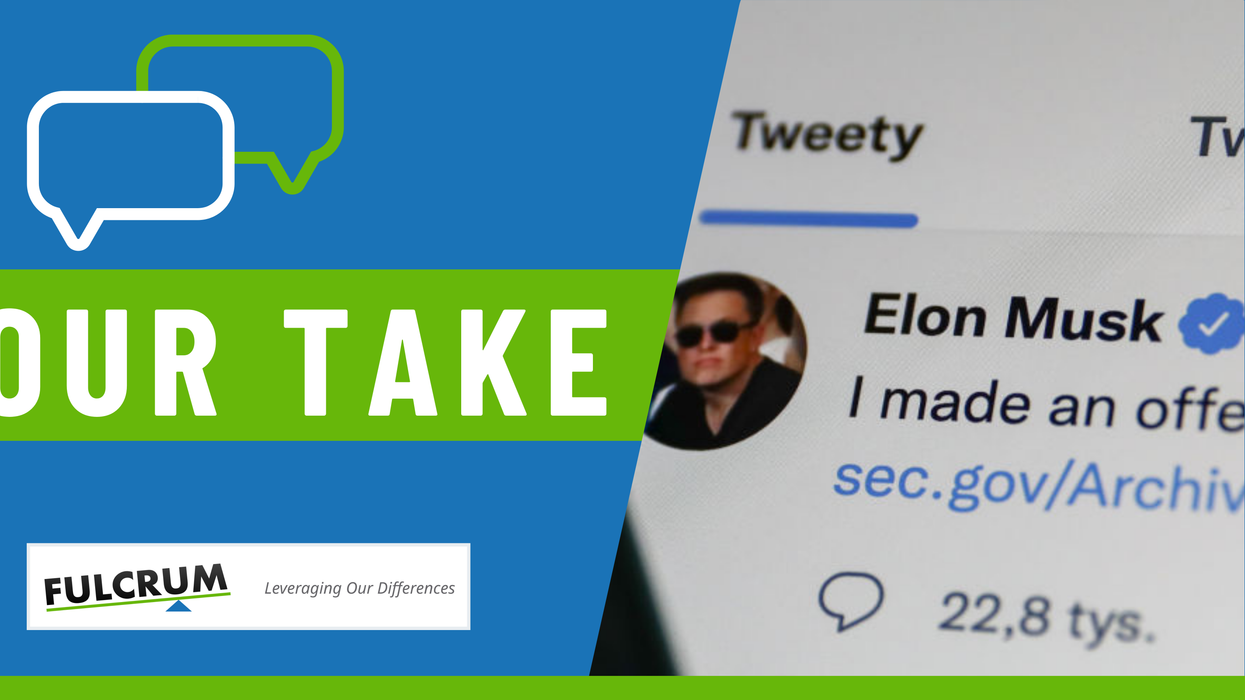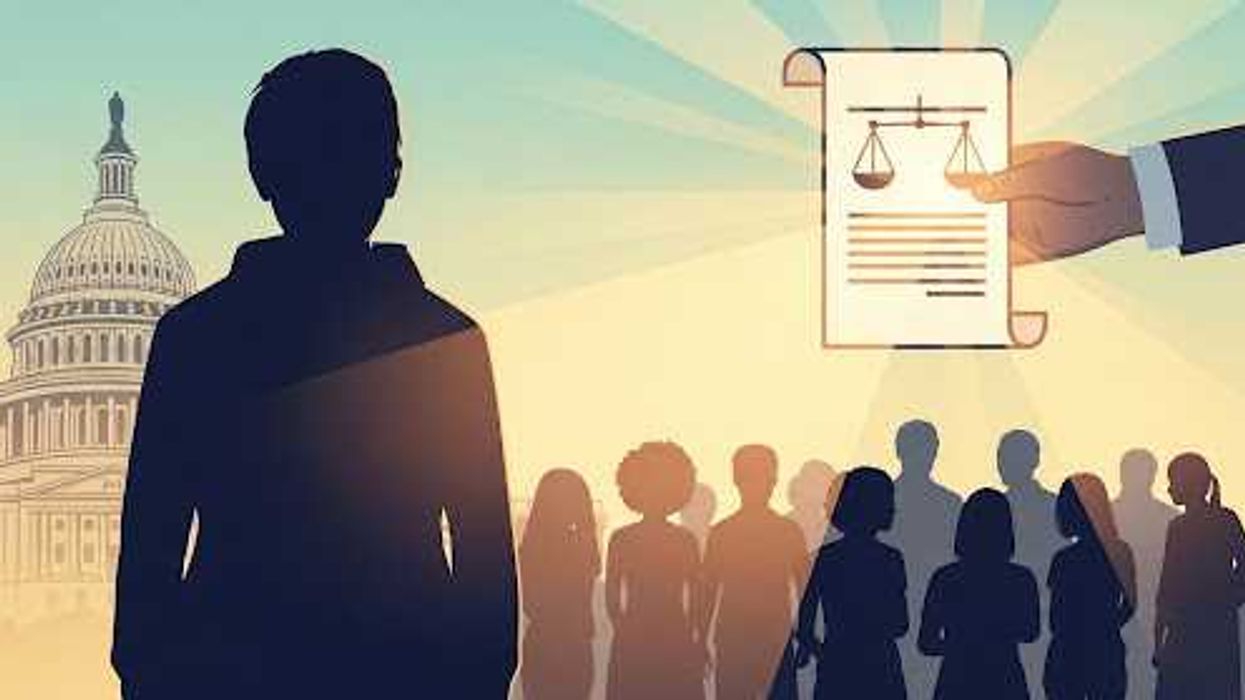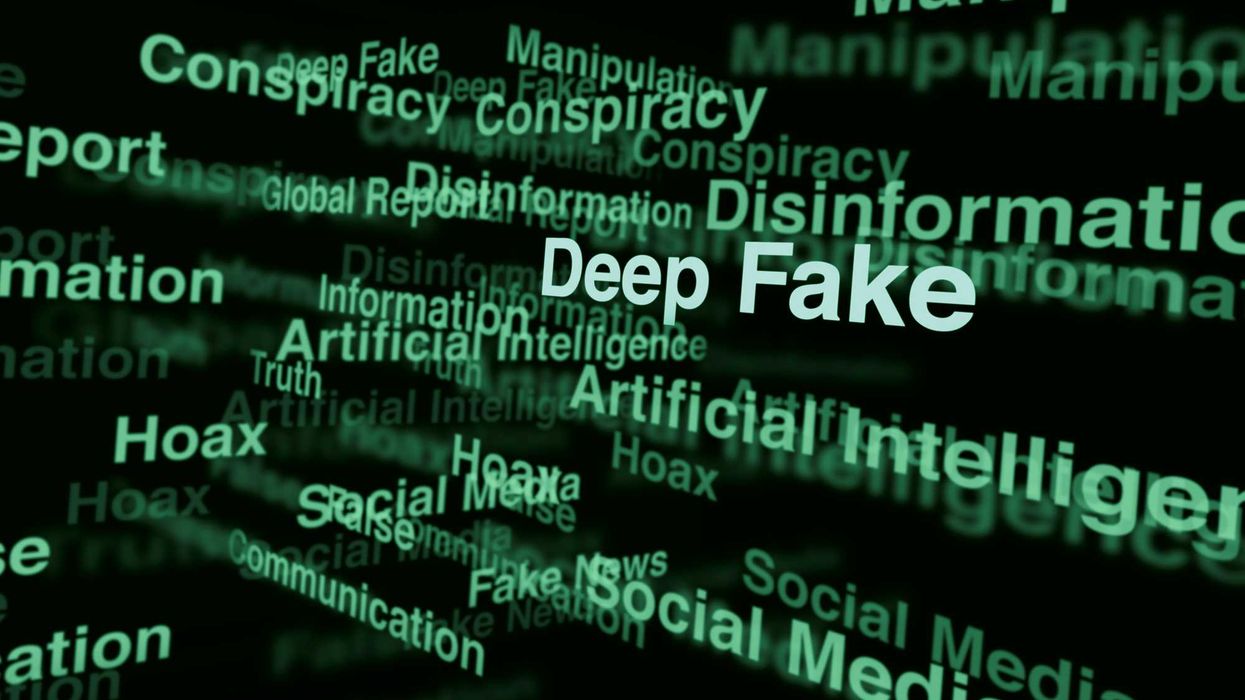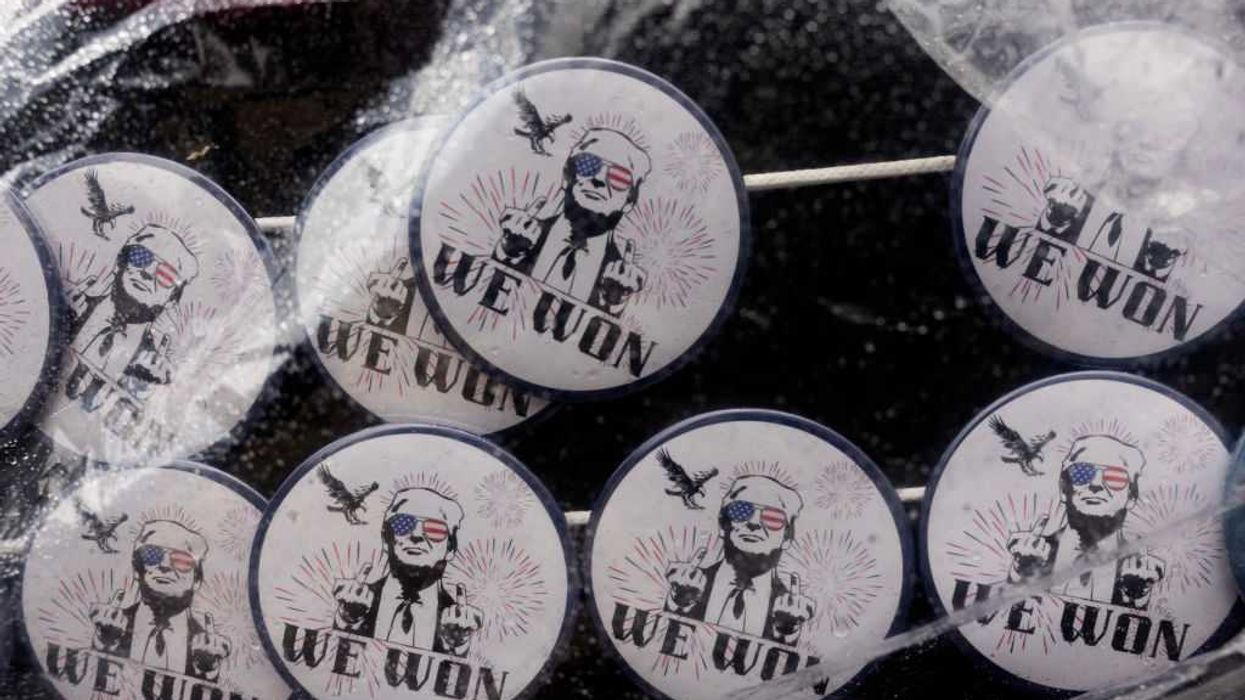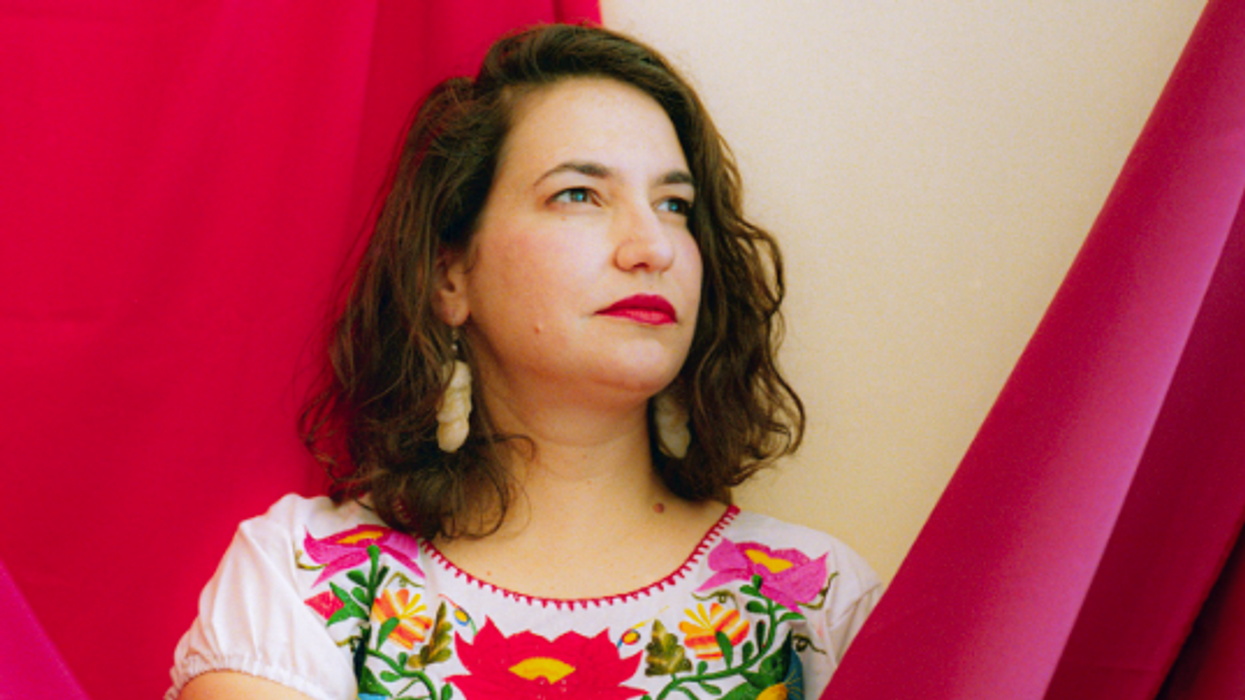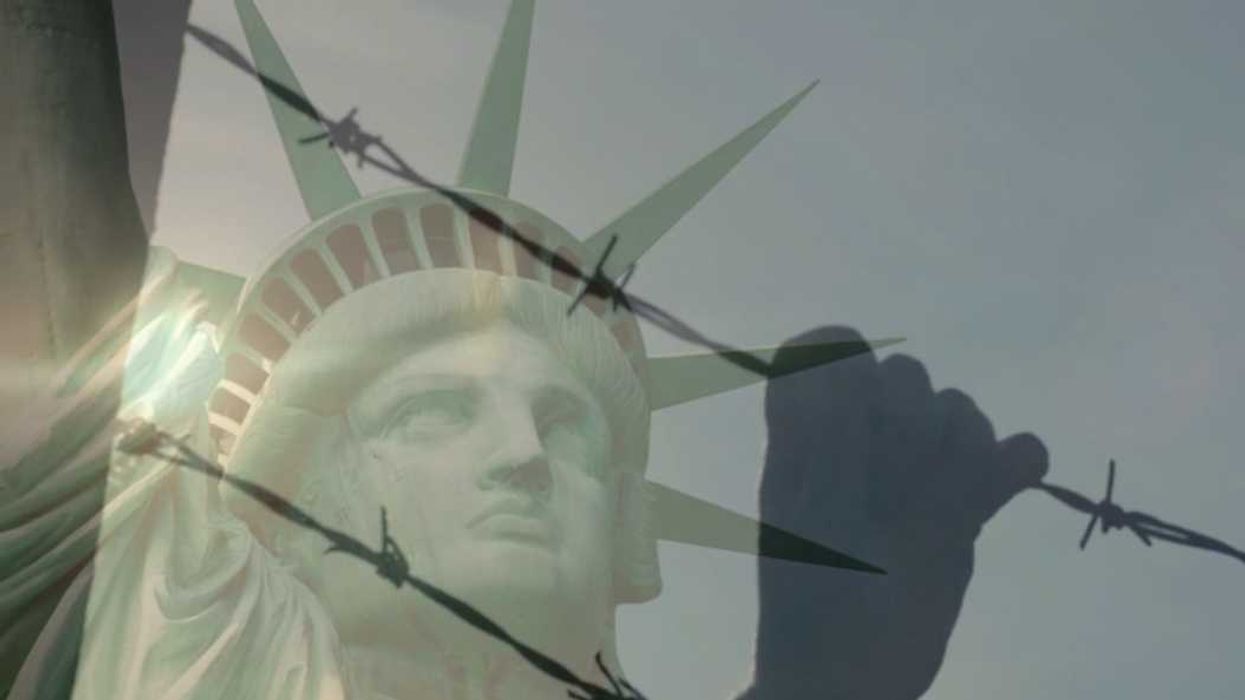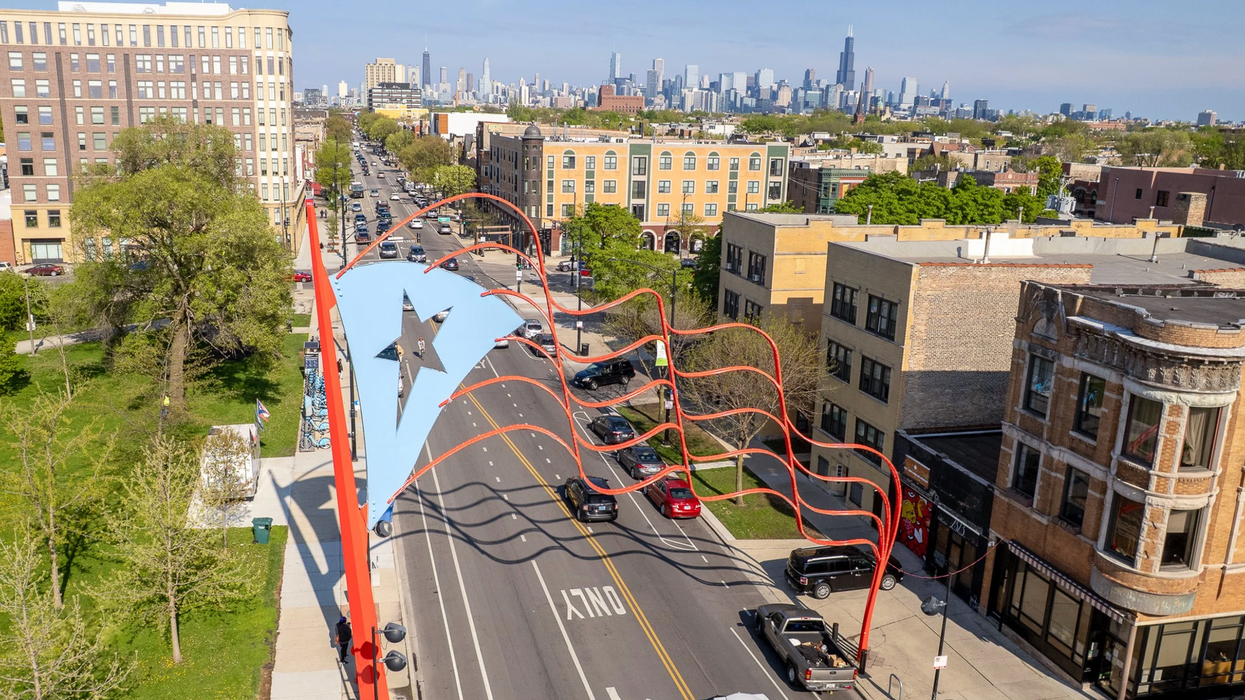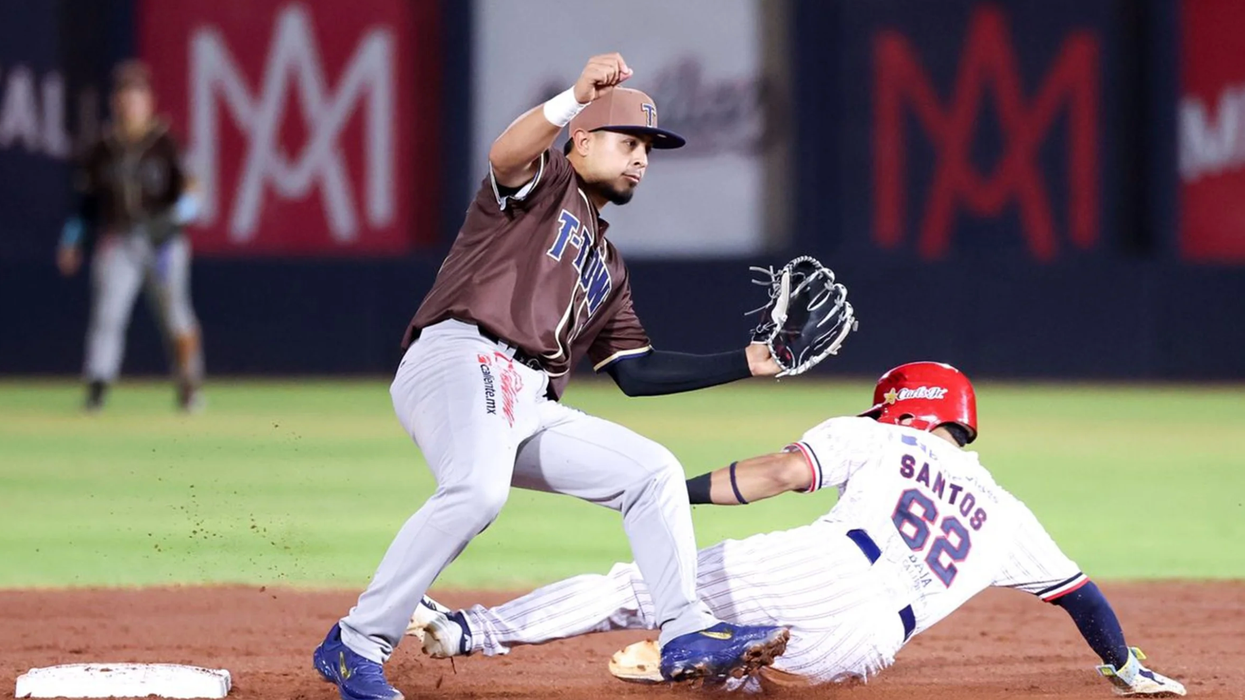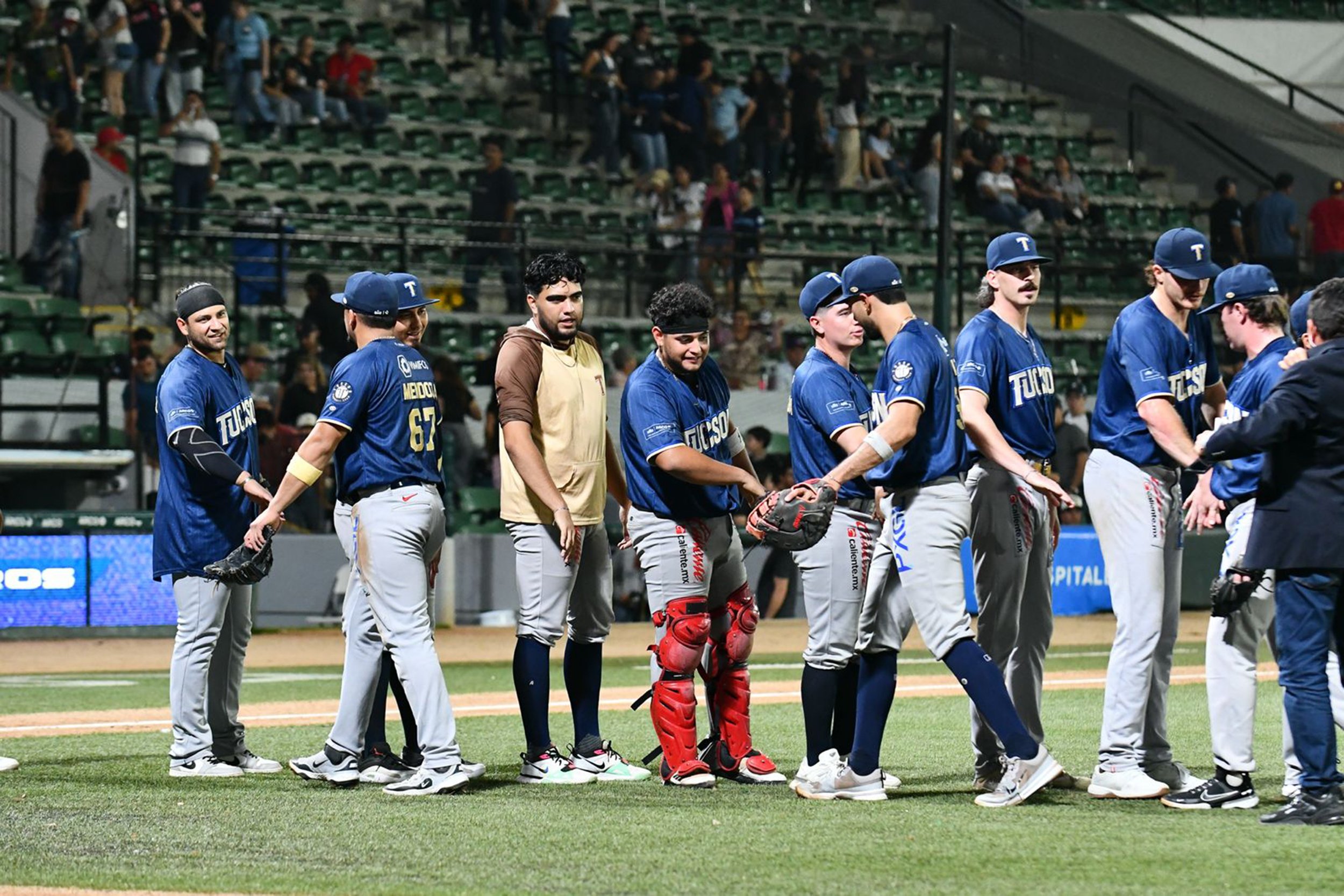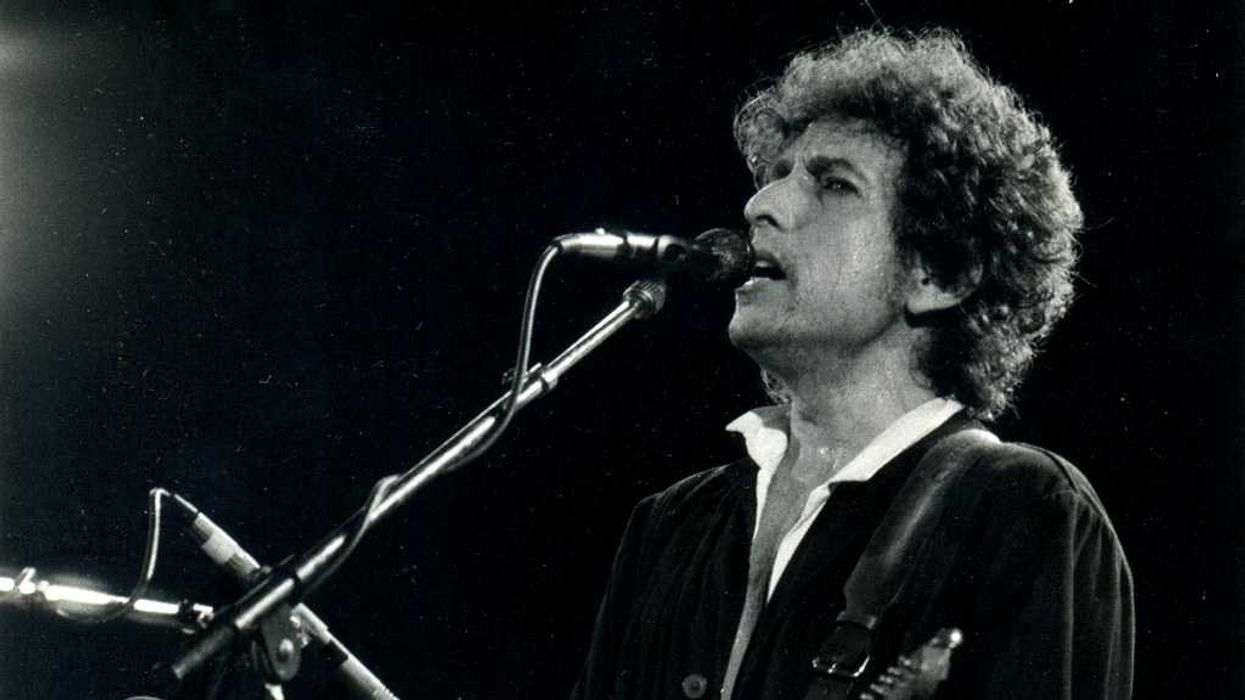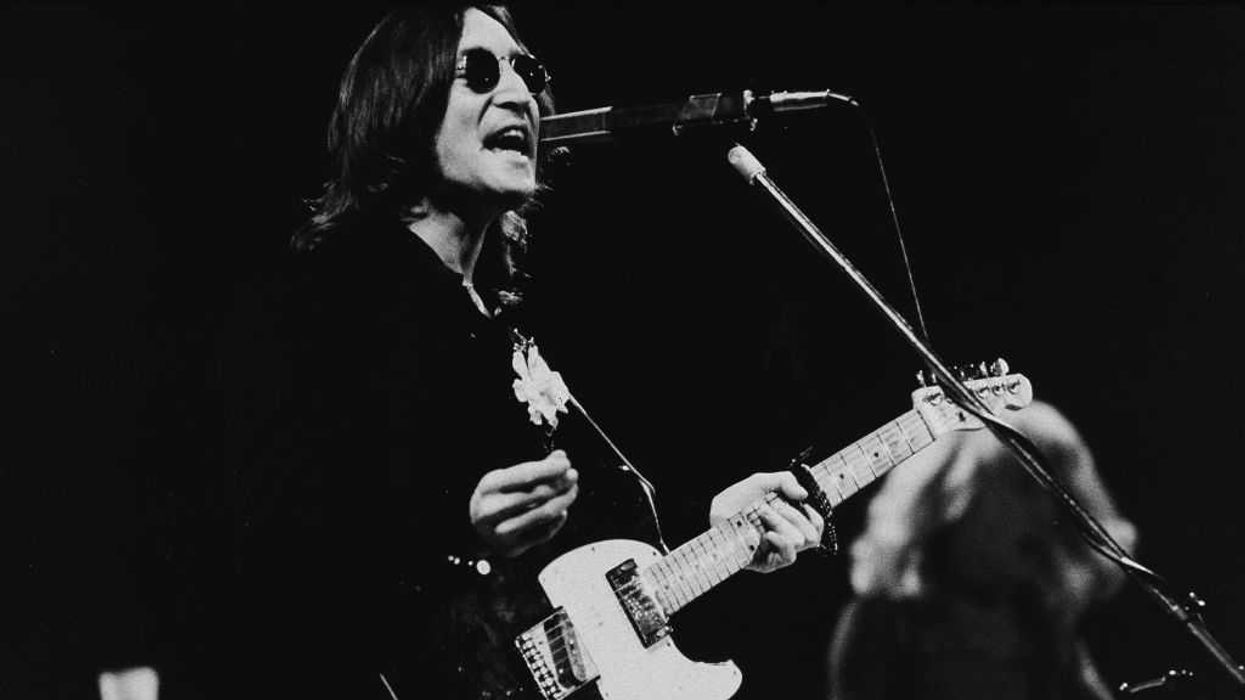Last week, we asked people for their opinions on Elon Musk’s bid to buy Twitter. It’s an issue fraught with questions about social media, federal regulations, algorithmic transparency, content moderation and of course, free speech.
People have … opinions. Some readers believe Twitter needs to be revamped and hope Musk has the creativity to fix things. Others fear consolidating so much control of a major social media platform in one person’s hands. Many people consider this a free speech issue and wonder whether Twitter should be considered more like a public service than a private company (which is not subject to the First Amendment’s free speech protections).
Your responses, edited for clarity and length:
I believe Musk being in charge of Twitter would add to the already toxic divisive environment on the internet and would ultimately undermine what is left of democracy in this country. The only possible way this could be OK is if there were NO retweets. -Tom Daly
My take on the matter is that this is either a) Musk's typical behavior when presented with an arena he doesn't control (i.e., make a bid for control and then leave in a huff if it doesn't go his way) or b) a scheme to pump the Twitter stock he's already got. While I don't like Twitter at all, and I think it lowers the level of public discourse, I don't think an eccentric billionaire seizing the reins will improve matters much. -William Shaffer
It appears some people want to change the rules to prevent Musk from taking over Twitter. Some things I like about Musk, some things I don't, but I think his wealth should NOT disqualify him. He advocates more free speech, rather than less. The fact that he is much more in the public eye than most of the people who control our major news media and communications is a plus for me. -Greg Ripps
Twitter is not currently oriented towards free speech. Their fear of Elon Musk is exposing its leaders’ lack of objectivity. When a platform like Twitter gets big enough it should be considered a public accommodation, which means it should not be kicking so many people off. -Steve Yurash
I do not believe one person should have control of a social media platform. I am especially concerned because Musk has said he wants to make Twitter a free speech platform. It's my observation that other social media platforms that promote themselves as being for free speech always end up as echo chambers for extreme right wing conspiracy theorists who promote violence. Take a look at Parler and Gab, for instance. I hope that the Twitter board stands their ground and resists this takeover. -Marcia Claesson
I do not think he is serious about algorithmic transparency — I can't see why he would want that, other than to find out how Jack Dorsey tracks his jet. Yes, when you are that rich you can be that self-absorbed. I see it also as another bluff thrown out to keep people holding their Twitter stock to "protect" democracy and free speech from his hostile takeover. By the way, I believe his definition of "free speech" includes the right to lie, deceive and cheat. I am no fan of Elon Musk. I admire him not. -Laura Madden
It all depends on what he does with it. The way it is currently being run is obviously not good from either a freedom of speech perspective or a speech forum perspective. Everyone who is paying attention knows what needs to be done. Open up the algorithm so it is open source. Adequately define out-of-bounds behavior. Make it easier to fact-check information. None of this will be done by the current owners, because it is being run as a cash cow for the investors, and the current algorithm is designed to drive engagement by raising adrenaline levels. They have no incentive to change. He can't make it any worse, and he could make it a lot better. -Ray Curtis
I do not believe free speech can exist in a forum without guard rails. The reason is that people who don’t have extreme views get trolled and then quit using the forum. The result is that only one view ends up being expressed on the forum. As a result I am against Elon Musk buying Twitter and hope it remains a stockholder-owned company. -Lucy Schumer
I am worried about social media platforms' ability to amplify misinformation, rage and anger. I am also worried about extremely wealthy people having an oversized influence on discourse, politics and government. However, I am not sure how we balance freedom of speech and the ability of social platforms to generate distrust in government — that has resulted in the decline in democracy. Perhaps social media companies should not be allowed to have any one person with controlling interest. Perhaps there should be public oversight of major social media platforms. Elon Musk is incredibly creative, intelligent and driven. However, he also appears to be irrational and at times a megalomaniac. I do not think it would be wise for him to have control of Twitter. -Karen Alongi
My take is that Congress needs to dramatically revise Section 230, not merely unshielding platforms for content carried, but specifically holding them accountable for their algorithms that prioritize incendiary content to increase interaction. While they may not be able to police everything on their platform, they are absolutely capable of modifying the algorithms and making transparent how they push content. And when they don't, criminal prosecutions and hefty fines should follow. -Alan LaPolice
I don’t like wealthy individuals or companies gobbling up smaller guys- too much concentration of wealth and power in the hands of a few. I’d rather see the money spent on buyouts creating jobs or something else productive. -Kevin Cushing
Musk claims he wants to ensure free speech but I think he really wants to ensure irresponsible speech. I hope Twitter holds on. I resent that Musk thinks he can buy what he wants and then morph it into a platform for those that cling to the Big Lie. -Sonja Barclift

